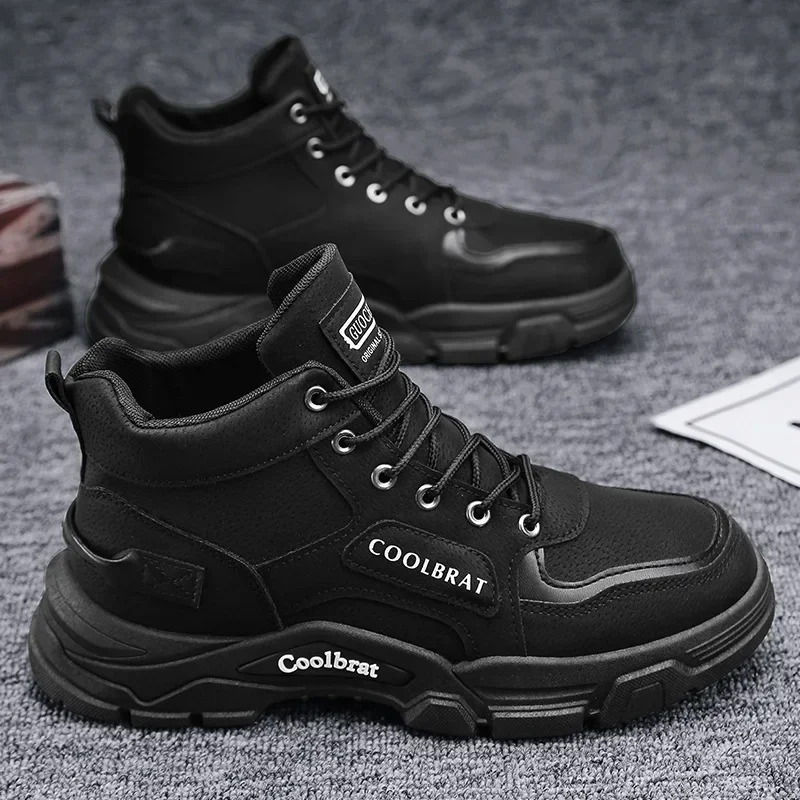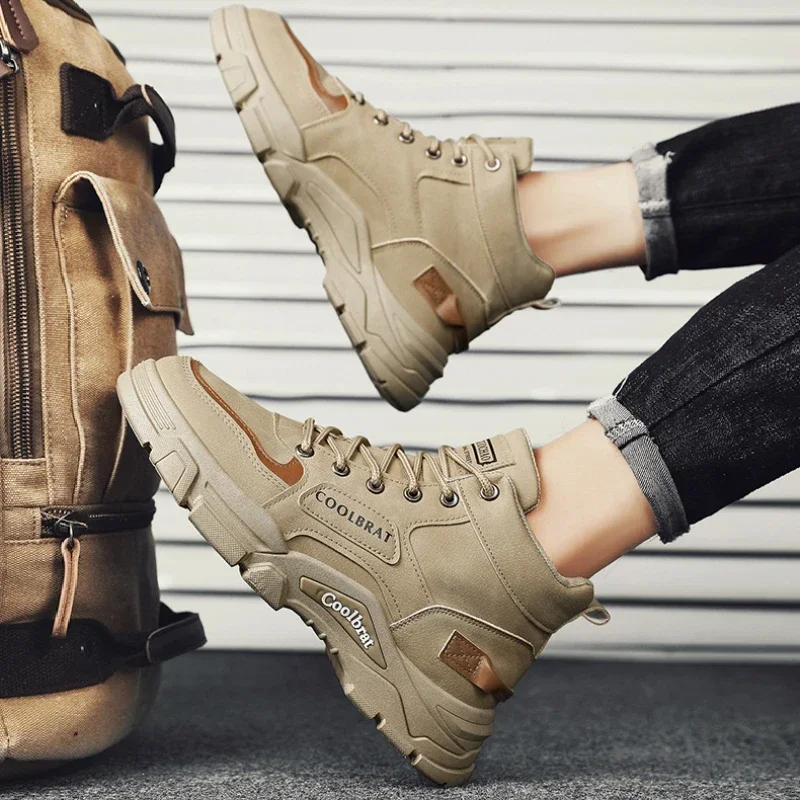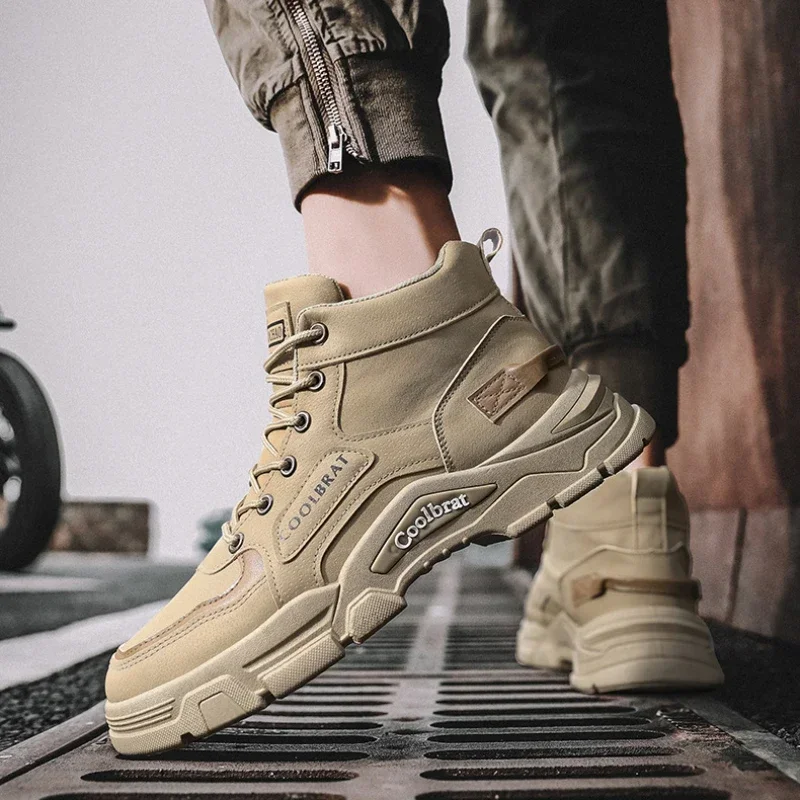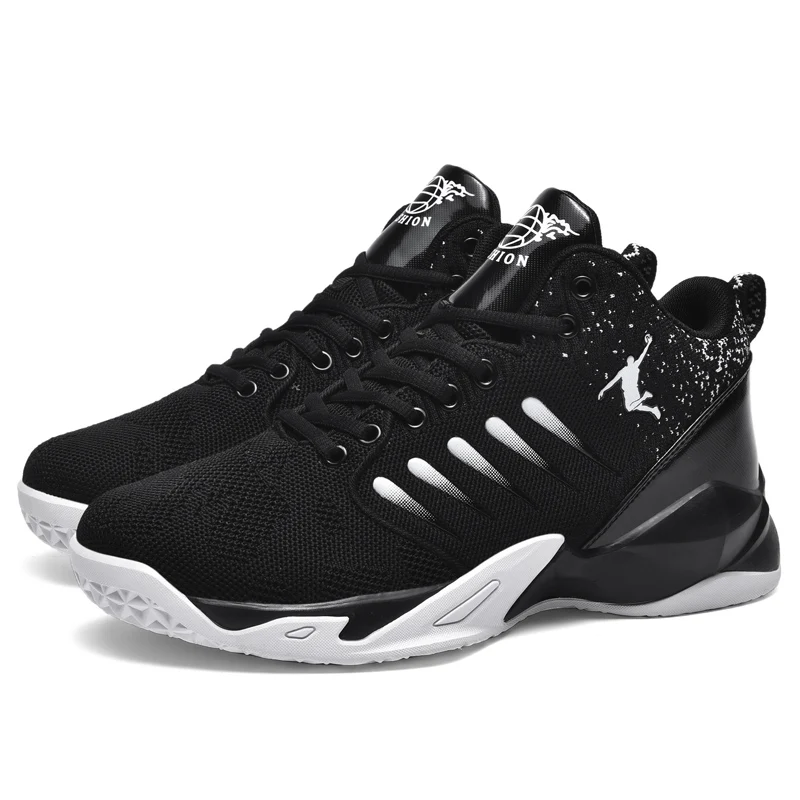Introduction
When it comes to working, one essential element is often overlooked: work shoes. People spend hours on their feet in various professions. Whether you work in healthcare, construction, or an office, having the right shoes is crucial. These shoes can impact your comfort, safety, and overall job performance. In this guide, we’ll explore the importance of work shoes, the different types available, key features to look for, and how to choose the perfect pair for your job.

Why Are Work Shoes Important?
Comfort Matters
Comfort is the most obvious reason to invest in quality work shoes. Many professionals spend long hours standing or walking. A comfortable pair of shoes can make a huge difference. If your shoes cause discomfort, it can lead to fatigue. This fatigue can hinder your ability to perform. Work shoes typically possess features that improve comfort. These include cushioned insoles and arch support. When your feet are happy, you are more productive.
Safety First
Many workplaces have specific safety requirements. For example, in construction, heavy items may fall. To prevent injuries, steel-toed boots are essential. In the healthcare field, slip-resistant shoes are a must. They help to prevent accidents in wet environments. The right work shoes protect your feet and reduce injury risks. Always choose shoes that comply with safety standards for your industry.
Long-Term Health Benefits
Wearing the right shoes also promotes long-term health. Poor footwear can lead to issues like plantar fasciitis or bunions. Over time, these problems can affect your entire body. When your feet hurt, you may change how you walk. This altered gait can lead to knee or back pain. Quality work shoes provide support, helping prevent these issues. Investing in the right shoes is an investment in your health.
Professional Appearance
In some jobs, appearance matters. Wearing appropriate work shoes reflects professionalism. For example, a business professional in a suit looks out of place in sneakers. It’s vital to wear shoes that meet workplace standards. This boosts your confidence and shows respect for your job.
Types of Work Shoes
Safety Shoes/Boots
Safety shoes and boots are designed for toughness. They provide the necessary protection in hazardous environments. Many of these shoes come with steel or composite toes. This feature protects against heavy items falling. They might also have puncture-resistant soles to prevent sharp objects from causing injuries. In workplaces where chemicals are present, consider shoes that are resistant to spills.
Slip-Resistant Shoes
Slip-resistant shoes are crucial in environments like kitchens or hospitals. They have special outsoles that grip slippery surfaces. This reduces the risk of falls. Many people don’t realize how dangerous wet floors can be, especially in busy settings. Slip-resistant shoes reduce anxiety about slipping, allowing you to focus better on your tasks.
Athletic Work Shoes
For those who need comfort during long shifts, athletic work shoes are a great choice. They offer excellent cushioning and breathability. This makes them suitable for jobs that require lots of walking or standing. Many brands design athletic shoes specifically for work environments. These shoes combine style with functionality.

Dress Shoes
In professional or business environments, dress shoes are often required. These shoes should still provide comfort and support, despite their formal appearance. Look for options designed with arch support and quality materials. A comfortable pair of dress shoes can help you maintain your energy throughout the day.
Specialty Shoes
Certain professions may require specialty shoes. For example, chefs often need non-slip shoes that can handle grease and spills. Similarly, nurses may prefer shoes with extra cushioning for long shifts. Do your research to find shoes tailored to your specific needs.
Features to Look For
Arch Support
Arch support is critical for comfort and health. It helps distribute weight evenly across your foot. This support can prevent common foot problems. Many work shoes come with built-in arch support. However, you can also buy insoles to add more support to your shoes.
Sole Material
The material of the sole affects traction and durability. Rubber is a popular choice for slip resistance. A good sole should also absorb shock. This quality can reduce stress on your feet and joints. When testing shoes, pay attention to the sole’s grip. It should feel secure against various surfaces.
Breathability
Breathability is vital for comfort, especially in hot environments. Shoes that lack ventilation can lead to sweaty feet. This can cause discomfort and even odor. Look for shoes made from breathable materials like mesh. These materials allow air circulation, keeping feet cool.
Weight
The weight of the shoes matters. Heavy shoes can cause fatigue and discomfort. Lightweight shoes provide ease of movement. They reduce the energy needed to walk. This is especially important for jobs that require a lot of walking or standing.
Size and Fit
Proper size and fit are non-negotiable when it comes to work shoes. Inadequate or overly tight shoes can cause blisters and foot pain. Always try shoes on before purchasing. Walk around the store to see how they feel. You should have some wiggle room for your toes without overcrowding. Remember to consider the type of socks you’ll wear for work when assessing fit.
Choosing the Perfect Pair
Assess Your Work Environment
Before purchasing shoes, evaluate your work environment. For example, if you work in construction, you’ll need sturdy safety shoes. If you’re in a kitchen, consider slip-resistant options. Assess any hazards you may encounter. This evaluation will guide your choice.
Think About Your Job Duties
Consider the specific duties you perform daily. If your job involves a lot of standing, prioritize comfort. Additionally, any physical activity should factor into your decision. Understand how your job might affect your footwear needs.
Read Reviews and Do Your Research
Researching brands and models can be valuable. Read reviews from current users. They often share insights about comfort, durability, and fit. Some brands specialize in work footwear, making them experts in the field. Look out for recommendations for popular models in your industry.

Test Them Out
Whenever possible, try on shoes in the afternoon when your feet are slightly swollen. This ensures a more accurate fit. Walk around to gauge comfort. Pay attention to areas like the toes and arches. Shoes should feel snug but not tight. If possible, wear them indoors for a few hours to test their comfort level.
Don’t Forget Style
Though practicality is key, style shouldn’t be ignored. Many work shoes come in designs that look professional and stylish. This is especially true for office settings. Balance comfort with a look that matches your company culture.
Caring for Your Work Shoes
Regular Cleaning
Caring for your work shoes is essential for longevity. Regular cleaning helps maintain their appearance and functionality. Remove dirt and stains with appropriate cleaners based on the shoe material. For leather shoes, a damp cloth may suffice. Ensure to follow any specific care instructions from the manufacturer.

Rotate Your Shoes
If possible, rotate between different pairs of work shoes. This practice allows each pair to air out and reduce wear. It also prevents excessive strain on your feet. Having two or three pairs can extend the life of your shoes.
Inspect for Damage
Regularly check your work shoes for any signs of damage. Look for worn-out soles, loose seams, or damaged insoles. Catching these issues early can save you from discomfort and potential injuries. If you notice significant wear, consider replacing your shoes.
Store Them Properly
How you store your shoes affects their condition. Let them dry completely after use, especially if they get wet. Avoid placing them in direct sunlight, as this can damage certain materials. Store shoes in a cool, dry place to maintain their integrity.
Replace When Necessary
Eventually, all work shoes wear out. When the insoles lose support or the soles become slick, it’s time for new ones. Listen to your body. If you experience foot pain, it may signal a need for replacement shoes. Your well-being is worth the investment.

In Conclusion
The right work shoes can influence your performance at work significantly. Investing in quality footwear is crucial for comfort, safety, and health. Understand the different types of work shoes available, their essential features, and how to choose the best pair for your needs.
Taking the time to care for your shoes will extend their life. Remember, happy feet lead to a more productive day. Prioritize your footwear choices, and enjoy the benefits of well-suited work shoes.